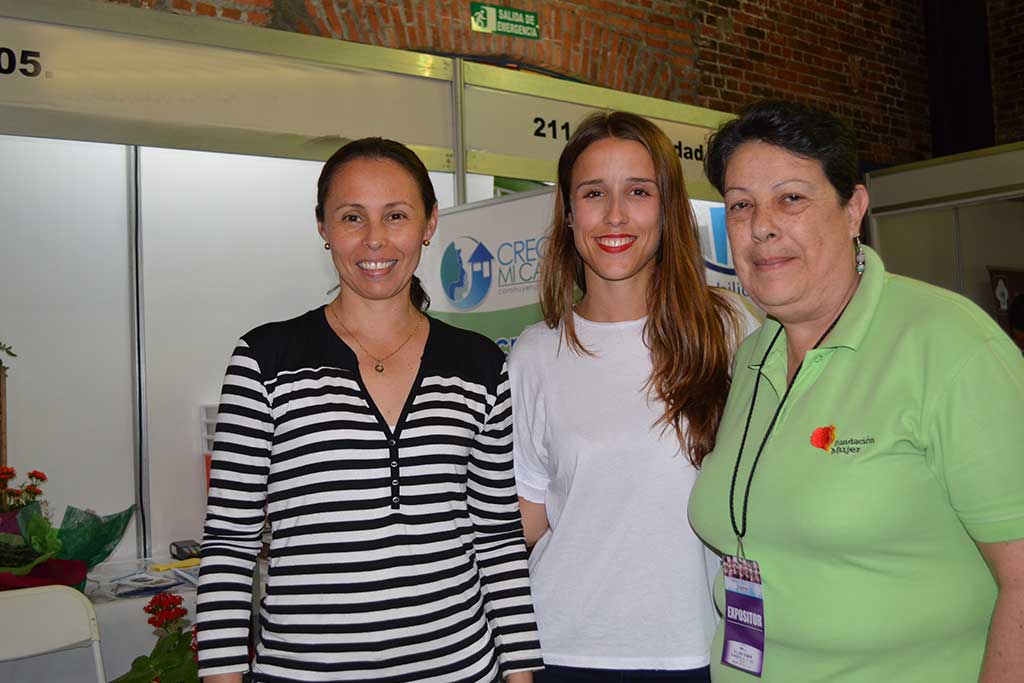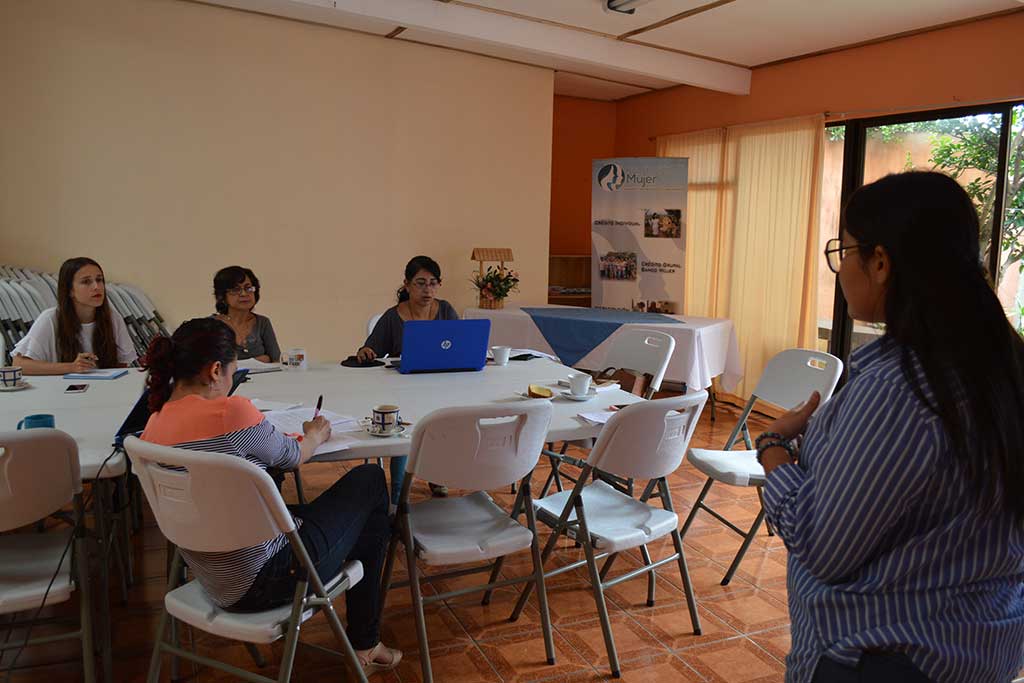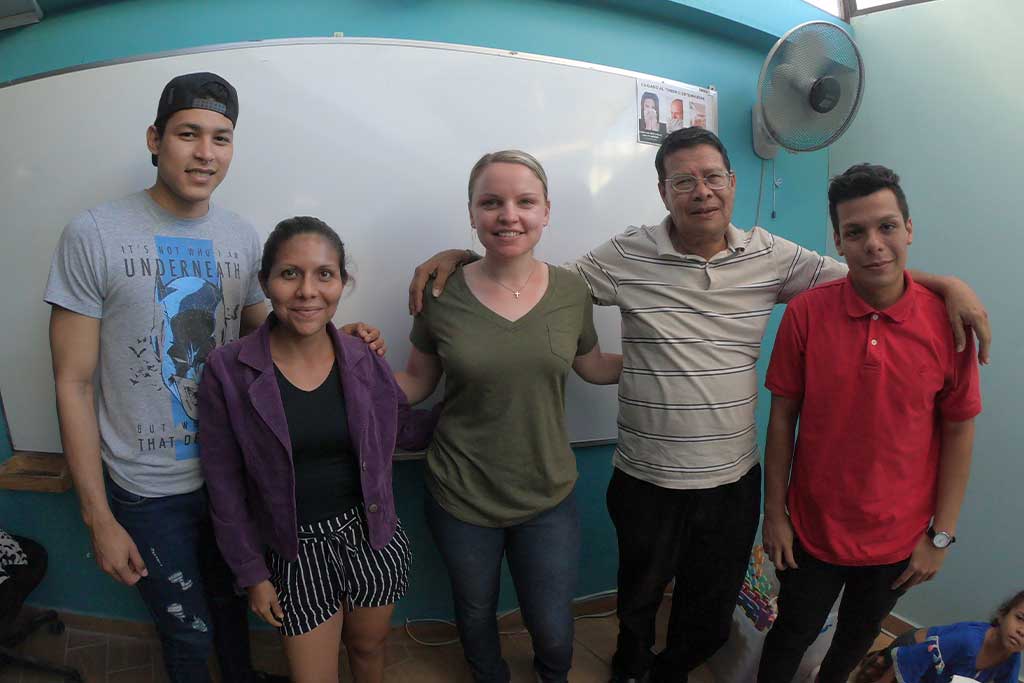The culture surrounding human rights varies significantly from country to country. The implicit question of who “deserves” what has shaped our societies. Inequality is usually fed by the very cycle it is a part of. And unfortunately, poverty and discrimination often go hand in hand, limited resources feed into a lack of formal education. Therefore, disparities in financial stability and opportunity only continue to widen, and patterns of inequality are not unique to any single community.
Addressing human rights concerns is a global calling. This need is what prompted me to become involved in social services on an international scale. I wanted to work in a space where I could observe how cultural and social values affect the everyday treatment of people. And even though the United States is no stranger to systemic bias, I knew that stepping outside of my home environment would help me examine cultural norms (and injustices) more objectively.
I was seeking a more international perspective on worldwide inequities, so I sought out an internship in the human rights sector. I registered for my program through Máximo Nivel because I had seen that they offered personalized placements at a variety of humanitarian organizations in Latin America. I devoted two months to an internship program in San José, Costa Rica, and the experience was truly eye-opening—both culturally and professionally.

The gender gap is bigger in some communities than others. I was honored to be paired with a foundation that focuses on women’s rights because Latin America is infamous for being plagued by ‘machismo’. I got to work amongst professional social workers, economists and paralegals who were passionate about transforming the world around them. Their energy was infectious, and they immediately made me feel included in the company culture.
Although Costa Rica is a leader in social change compared to many of its Latin American counterparts, their work is far from done. Because many women lack the resources and education necessary to support themselves, the organization I interned for has taken a financial approach to improving women’s rights by incorporating them into the local economy. The foundation encourages female entrepreneurship and self-sufficiency by granting micro-loans to businesswomen.

But not all women come to their doors looking for business loans. The organization also provides other forms of assistance to open more professional doors to its community members. By giving local women the education and resources necessary to succeed, the foundation is fueling progress. It takes individuals to transform a community, a nation, our world. And offering courses in technology, business and customer service is preparing these women to help not only themselves, but also society.
The work I did for the organization was very project-based, which really pushed me to immerse myself both culturally and professionally. My Spanish improved significantly because it had to. I quickly became part of the foundation’s community outreach programs. I helped with educational initiatives, as well as in-person and online fundraising campaigns. I also gained a lot of practical knowledge from assisting with the funding side of business operations.
To help as many people as it did, the foundation had lots of local connections with companies and investors, and I was able to see how my supervisors made their humanitarian efforts not just “efforts” but realities. Since struggling women are their target population, the foundation considers itself a morally driven organization that is transforming its community from within. But in addition to being committed to social responsibility, they are also making an actual economic impact on the world around them.

By providing small-scale loans to marginalized populations, the foundation I interned for is influencing their nation’s social fabric from the ground up. They offer multiple financing options to support women-owned businesses. If a woman is unable to qualify for credit on her own, she can apply for a loan with a small group of prospective business partners. This support network is helping women become financially independent and consequently regain their autonomy—over their livelihoods, over their bodies, over their lives.
And though the foundation is primarily catered to women, it also recognizes other community members who are commonly discriminated against, such as Nicaraguan, Venezuelan, and Colombian immigrants, or patients living with HIV. They have even coordinated with the US Embassy to help legally provide haven for asylum seekers and refugees. Immigrants are also eligible to participate in the company’s technology and business trainings to become more professionally marketable.
But whether you are a single mother or a refugee, the organization’s primary objective is to develop more equitable economic opportunities. Everyone should be given an opportunity to succeed. And hopefully, economic inclusion will lead to social inclusion over time. Global change cannot start without the cooperation of many smaller communities, and I’m so grateful to have been a part of such an important project. My time in Costa Rica didn’t only strengthen my resume. It affected my worldview.
